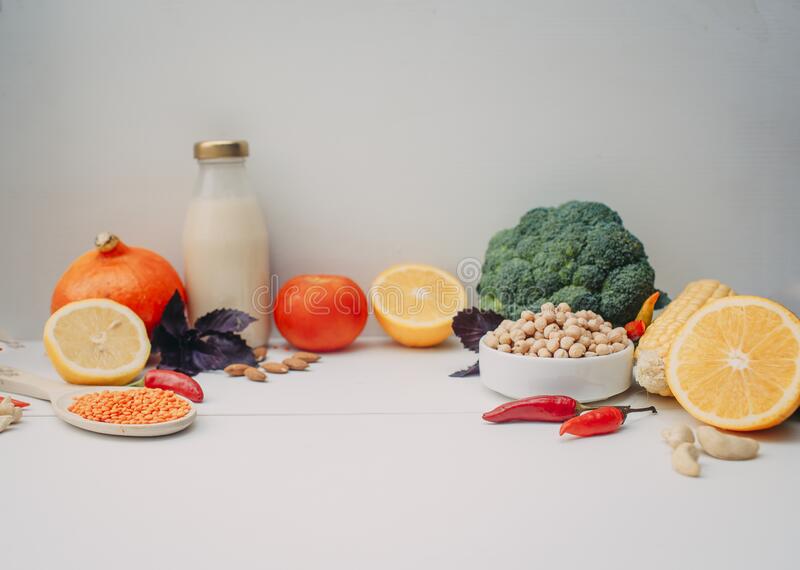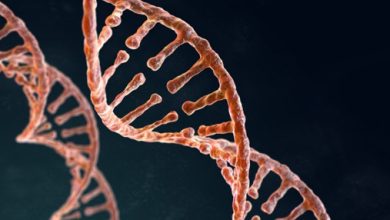The Benefits Of Eating Fruits For Men’s Health


Eating a diet that is high in fruits and vegetables can help reduce the risk of many health conditions. However, only 9% of adults meet the recommended amounts of fruit and vegetables.
Fruits can provide a variety of important nutrients, vitamins, minerals, antioxidants, and phytochemicals. They are also an excellent source of dietary fiber.
Vitamin C
Vitamin C, a water-soluble vitamin, is a powerful antioxidant バイアグラジェネリック can help reduce your risk of cancer and heart disease. It also boosts immunity, improves iron absorption and lowers blood pressure.
Vitamin C is found in a wide variety of foods, including fruits and vegetables. The recommended daily allowance (RDA) is 65 to 90 mg per day for adults, and most people should be able to obtain this amount by eating a varied diet. However, some people, especially the elderly and those with limited food choices, may not get enough vitamin C through their diet.
Fortunately, there are several easy ways to boost your vitamin C intake, such as by taking a supplement or adding more citrus fruits, tomatoes and tomato juice, potatoes, broccoli, strawberries, Brussels sprouts and cantaloupe to your meals. You can also cook with herbs, which often contain high amounts of vitamin C.
The benefits of vitamin C are many, but the most important are that it can help limit oxidative damage to your cells, protect against cancer and lower your risk of heart disease. In addition, it can improve your iron absorption and prevent gout.
In a recent study, men who ate at least two servings of vegetables and four to six servings of fruit each day had higher plasma levels of vitamin C than those who consumed less or no vitamin C-rich foods. This study also showed that men who took a daily vitamin C supplement for 30 days had significantly reduced serum concentrations of uric acid, which is the main risk factor for gout.
Another study, which followed 46,994 healthy men for 20 years, found that men who took a daily vitamin C supplements were 44% less likely to develop gout than those who did not take supplements.
Folate
While folic acid is often emphasized for women’s health, men also benefit from folate. It’s a B vitamin that helps support male reproductive health and virility, as well as heart and cognitive health.
Folate is a water-soluble vitamin that’s found in many foods, including fruits, vegetables, nuts and legumes. It’s also available as a supplement in the form of folic acid.
It helps to produce red blood cells, which carry oxygen around the body. In addition, it supports healthy protein metabolism and the formation of DNA and RNA. It also breaks down homocysteine, an amino acid that can increase your risk for heart disease and stroke if it’s too high in your system.
In addition to supporting a healthy immune system, folic acid also plays an important role in brain development and function. Research has shown that eating folate-rich fruit and vegetables can reduce your risk of Alzheimer’s disease.
The human body requires a specific type of folate to support healthy cellular function. This nutrient is required for the synthesis of DNA and RNA, as well as amino acids. It also acts as a coenzyme for single-carbon transfers that are essential for methylation reactions in the synthesis of nucleic acids and amino acids.
This nutrient works together with other vitamins and minerals to help your body function properly. It’s also known to promote healthy growth and repair of tissues, especially your skin and hair.
If you’re not sure if you’re getting enough folic acid in your diet, check with your doctor or a healthcare professional. If you’re pregnant, it’s especially important to make sure you’re taking in enough folic acid to prevent birth defects.
Folate deficiency is rare in the United States, but it can be serious for some people. Symptoms of a folate deficiency can include megaloblastic anemia, weak or fatigued muscles, headache, trouble concentrating, mouth sores, shortness of breath and thinning hair or fingernails.
Magnesium
Magnesium is an essential mineral that plays a role in more than 300 enzyme reactions in the body. It also supports heart health, bone formation, muscle function and nerve function.
If you don’t get enough magnesium, your body may experience a wide range of symptoms, including grogginess, fatigue, sugar cravings, high blood pressure and anxiety. You may even have trouble sleeping or have a headache.
Many foods and drinks contain magnesium, but it’s especially important to eat a variety of fruits, vegetables, whole grains, beans and nuts in order to get the recommended daily amount (RDA) of 400 mg per day. If you’re unable to meet this goal, consider taking magnesium supplements.
You should always consult a health care professional before using any supplement or taking supplements in combination with medications, as some medications can interfere with certain nutrients.
Genericmeds Product can help control your blood pressure, which is one of the most common causes of death for men. It’s also believed to be a protective factor against type 2 diabetes.
It can help your muscles function better during exercise, as it aids in the production of ATP. This is the energy source that cells use when they perform functions, such as dividing or moving molecules across cell membranes.
In addition to its role in energy, magnesium is essential for making proteins and repairing DNA. When DNA strands are damaged, the enzyme DNA polymerase needs magnesium in order to replicate them correctly.
In addition, magnesium can help lower your blood pressure and reduce your risk of heart disease and kidney stones. This is because calcium binds with magnesium and then solidifies inside the body, which is why people who have high levels of magnesium tend to have lower systolic and diastolic blood pressure.
Potassium
Fruits are rich sources of potassium, and eating fruits regularly helps maintain a healthy weight and keep blood pressure in the normal range. This nutrient also helps reduce muscle cramps and improve endurance during exercise.
In addition, it lowers cholesterol levels and reduces inflammation in the body. Potassium also plays a role in the regulation of the nervous system. The potassium in your body is crucial for regulating the voltage of nerve cells that control your muscles and heartbeats, so a deficiency can lead to health problems.
Potassium works with sodium to regulate your blood pressure. Too much sodium can lead to high blood pressure, while too little potassium can cause low blood pressure.
The dietary guidelines for Americans recommend consuming 4,700 mg of potassium per day. While bananas are a common source of this mineral, many other fruits and vegetables contain potassium as well.
Aside from fruits, other foods that are rich in potassium include potatoes, milk, yogurt, avocados and nuts (like almonds and peanuts). If you do not eat enough fruits and vegetables to get your daily recommended dose of potassium, try taking a supplement.
A recent study of a large sample of adults found that higher intakes of potassium from diets that emphasize fruits and vegetables significantly reduced the risk of kidney stones by 51%. This was especially true for men, who were prone to the formation of calcium deposits in their kidneys. In addition, those with a higher dietary potassium intake had a lower risk of developing type 2 diabetes. However, more research is needed to determine the exact mechanisms involved.
Antioxidants
Antioxidants help your body fight the effects of free radicals (unstable molecules your body creates naturally in response to oxidative stress). These include heart disease, cancer and other chronic conditions.
Antioxidant-rich foods such as berries, carrots, coffee, red grapes and tea contain high concentrations of antioxidants. These compounds can help prevent or slow down the aging process by helping to keep your immune system strong and your bones healthy.
A balanced diet with plenty of fruits and vegetables is best for ensuring you are getting enough antioxidants in your daily food intake. Some people choose to take antioxidant supplements. However, there is some evidence that they do not work as well as antioxidants in whole foods.
Men who eat a diet rich in lycopene, for example, may have a lower risk of prostate cancer than those who do not. They may also be less likely to develop type 2 diabetes, says Dr. Hensrud.
Another type of antioxidant, lutein, can reduce the risk of cataracts in older people. Lutein is found in spinach and corn. It can also help protect the eyes from age-related macular degeneration, which leads to blurry vision and loss of vision.
Although the benefits of antioxidants for your health are well established, there is a lot of debate over whether they can prevent chronic conditions. Some research suggests that antioxidants can slow the aging process but no one knows if they can reverse it or whether they can slow down the progression of certain diseases like Alzheimer’s.



